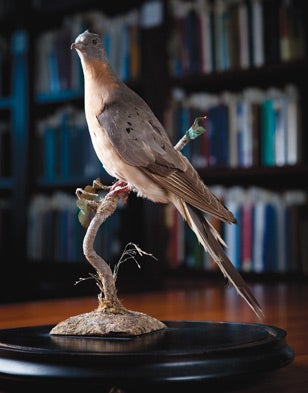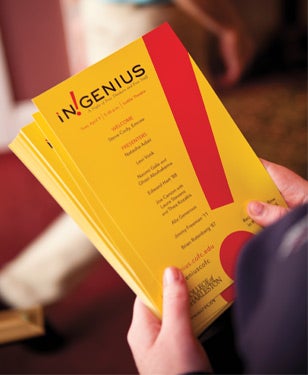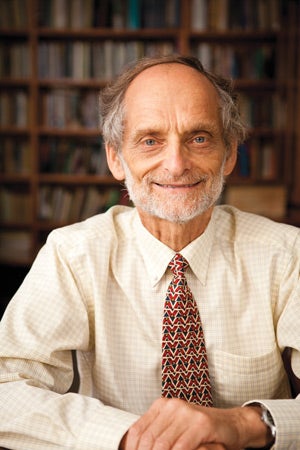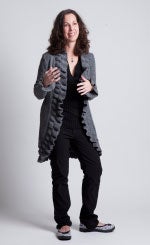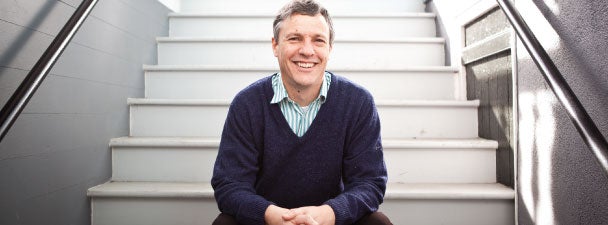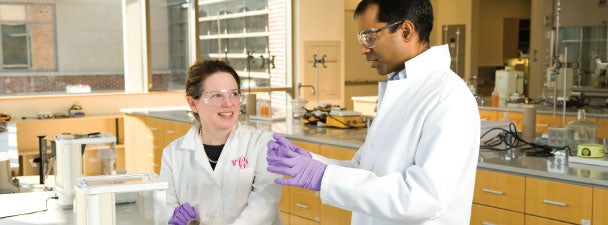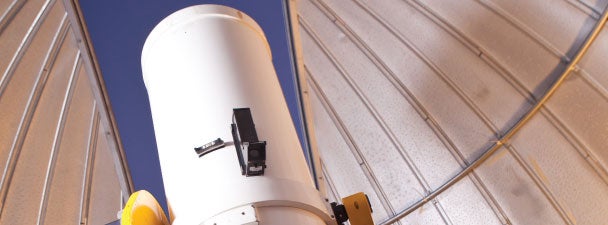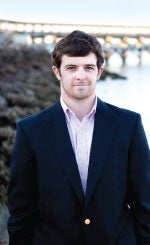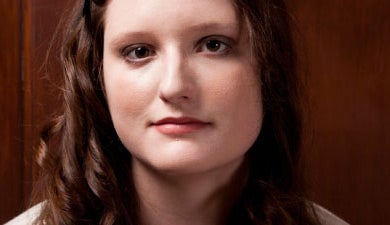Still Life
At one time the passenger pigeon was the most common species of bird in America. Now not a single one is left, at least not alive. Special Collections, within the College’s Marlene and Nathan Addlestone Library, is fortunate to be one of the few places to possess a preserved passenger pigeon, which went extinct around

